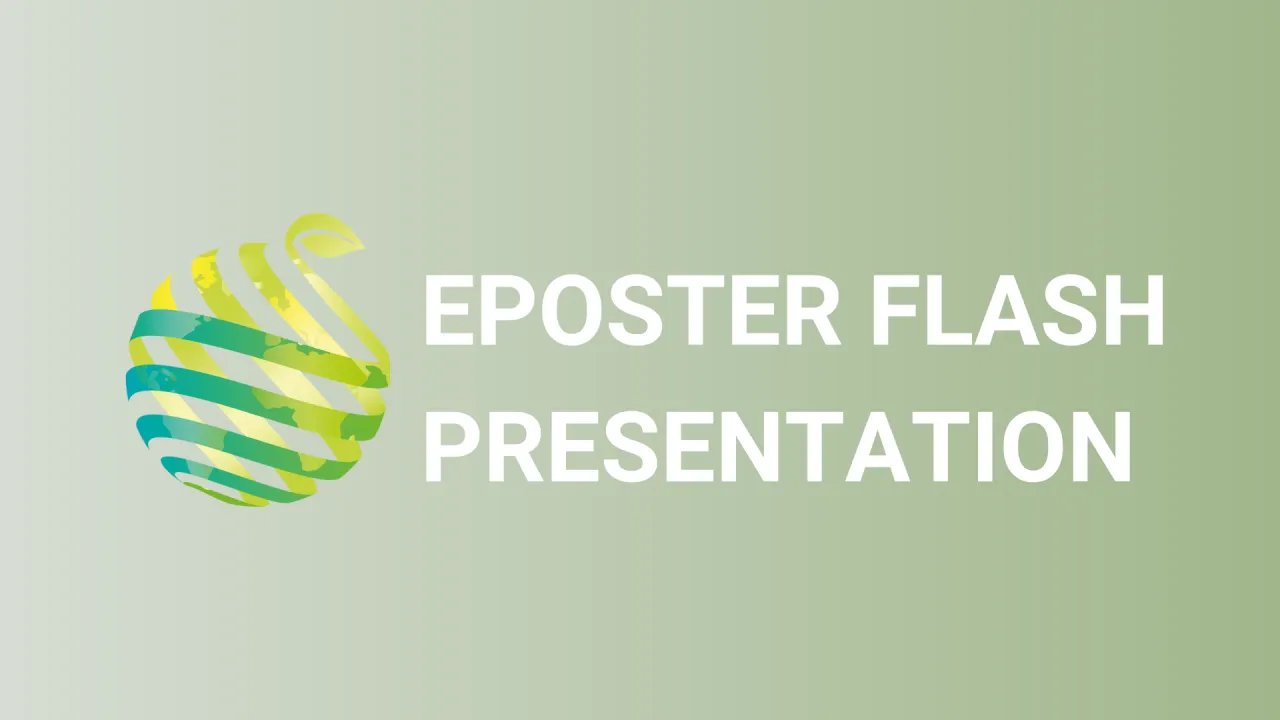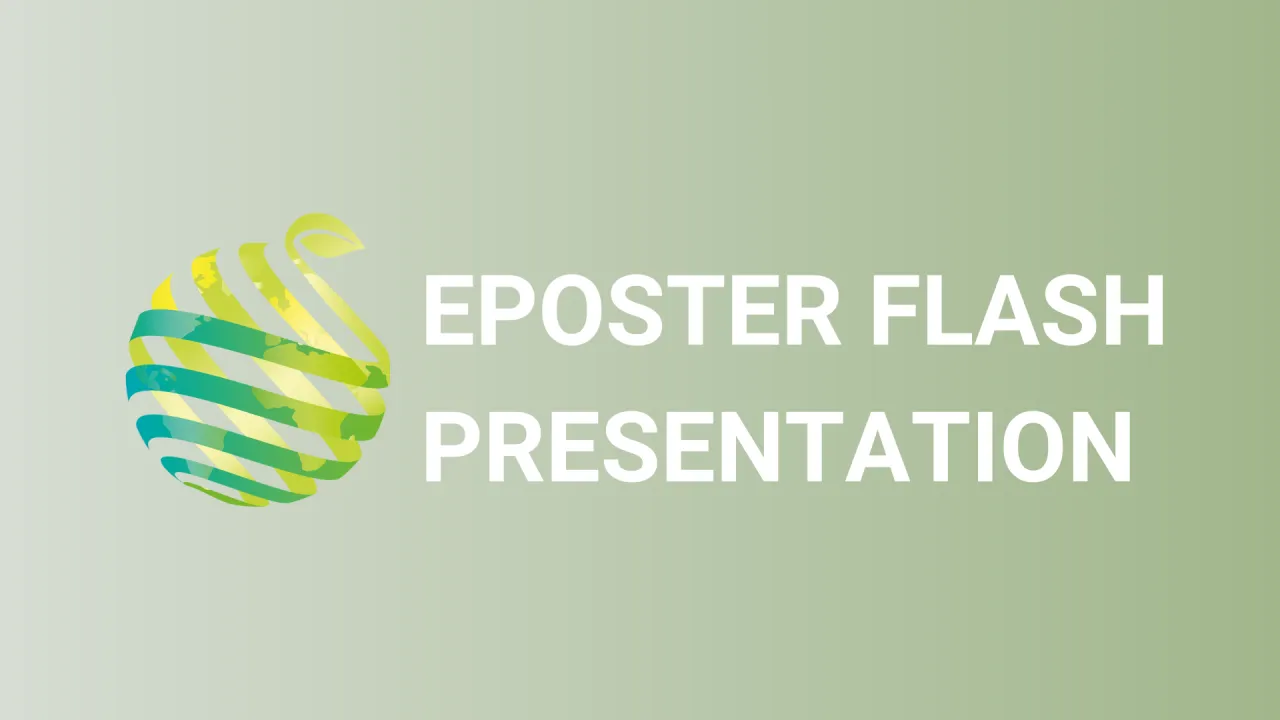

S05 - Session P4 - In vitro Propagation and Molecular Cytogenetic Assessment of Succulent Haworthia
Information
Authors: Ki-Byung Lim *, Reshma Yesmin
Haworthia is a large genus under the family Asphodelaceae which is endemic to Southern Africa. They are more tolerant of modest lighting than other succulent plants. In contrast, Haworthia is now more demanding ornamental plant because of their variations in leaves color and shape. The chromosome complement of Haworthia species is bimodal of four long (L) and three short (S) chromosomes. Both diploid (2n = 2x = 14) and tetraploid (2n = 4x = 28) were observed by flow cytometric analysis. Fluorescence in situ hybridization (FISH) results showed a major diversity among the diploid and tetraploid Haworthia in terms of 5S and 18S ribosomal DNA (rDNA) loci distribution. All 5S and 18S rDNA loci were detected on the long arm, sub-telomeric or telomeric regions while a significant variation in chromosome length were observed among the Haworthia . Tetraploids and triploids and chimeras (diploid) were induced successfully from in vitro plants of diploid Haworthia cymbiformis by treating stem segments with colchicine and oryzalin. The most efficient method for inducing tetraploids seemed to be treatment with oryzalin than the treatment with colchicine. Economically, they are highly valued garden and potted ornamental plants, easy to culture and have convenient size. Moreover, micro propagation is an efficient way for breeding plants as ornamental and landscaping purposes. Following this way, new varietird and virus free plantlets are ensured that can play important role in future ornamental market. This work was supported by Korea Institute of Planning and Evaluation for Technology in Food, Agriculture, Forestry (iPET) through Agri-Bio industry Technology Development Program, funded by Ministry of Agriculture, Food and Rural Affairs (MAFRA) (grant number iPET318021-4).